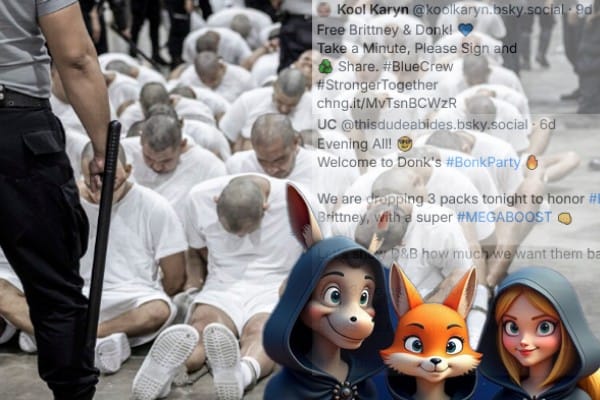🔒 Real Time True Crime: The Unsatisfying and Often Damaging Outcomes of Internet Sleuthing

Within an hour of Luigi Mangione’s name being released, the whole world was scouring his biography. What people found didn’t make the kind of sense they thought it would.
A wealthy heir to an Italian-American real estate fortune, Mangione looked up to figures as diverse as Sam Harris, Nate Silver, and Peter Theil. He did suffer from a chronic illness, as many had suspected given his target, but he hadn’t been affiliated with that particular insurance company or been in a position to be unable to afford treatment.
We still don’t know in his own words, exactly, what Luigi Mangione wanted. He caught with a 260 word note that the media is calling a manifesto and which I’m not completely convinced is real because it seems too on the nose, but I’m not an outright skeptic. Because none of this makes perfect sense, or even a comfortable amount of it.
But we know what we know, and we knew so quickly, because of Mangione’s extensive social media footprint. He was highly literate, a voracious reader, and engaged frequently online. They found his Twitter account. They found his Goodreads account. They found his Substack account—a user account only. Luigi did not write a Substack. Until he finally made his statement—and what a statement it was—he was a reader. We know him mainly from what he chose to take in.
What we did learn mostly just confused us.

Everyone wanted him to be a Bernie supporter, essentially. Or at least, that is the furthest to the right and to the mainstream politic he could have been to satisfy the perfect narrative. For those who celebrated his deed, he was supposed to be their passionate thought leader, their champion against predatory capital, the permission that the people needed to declare enough was enough. For those who opposed him, it was also desirable for him to be a left wing radical. To go mask off, to show the normies what these people are really like.
In the hours after Mangione’s identity was revealed, the journalist and manager of the Cool Zone Media podcast network, Robert Evans, wrote one of his most comprehensive and detailed biographies. He does not appear to have been a strong ideologue of any sort. How do you categorise someone who has expressed appreciation for both Elon Musk and the Unabomber? The crime was not random, this much is clear, but could you call it political? He may have been radicalised by pain, but t was not the end point of any consistent or coherent ideology.
But then, of course, how much can we really confidently say about the man before he opens his mouth?
We are living in an era unlike any before it. Increasingly, when some total nobody commits a crime that launches them spectacularly into the public eye, we have immediate and direct access to enough primary sources that we can piece these people’s entire story together. Or, that we think we can.
Free subscribers get access to this article on Friday 3-Jan




